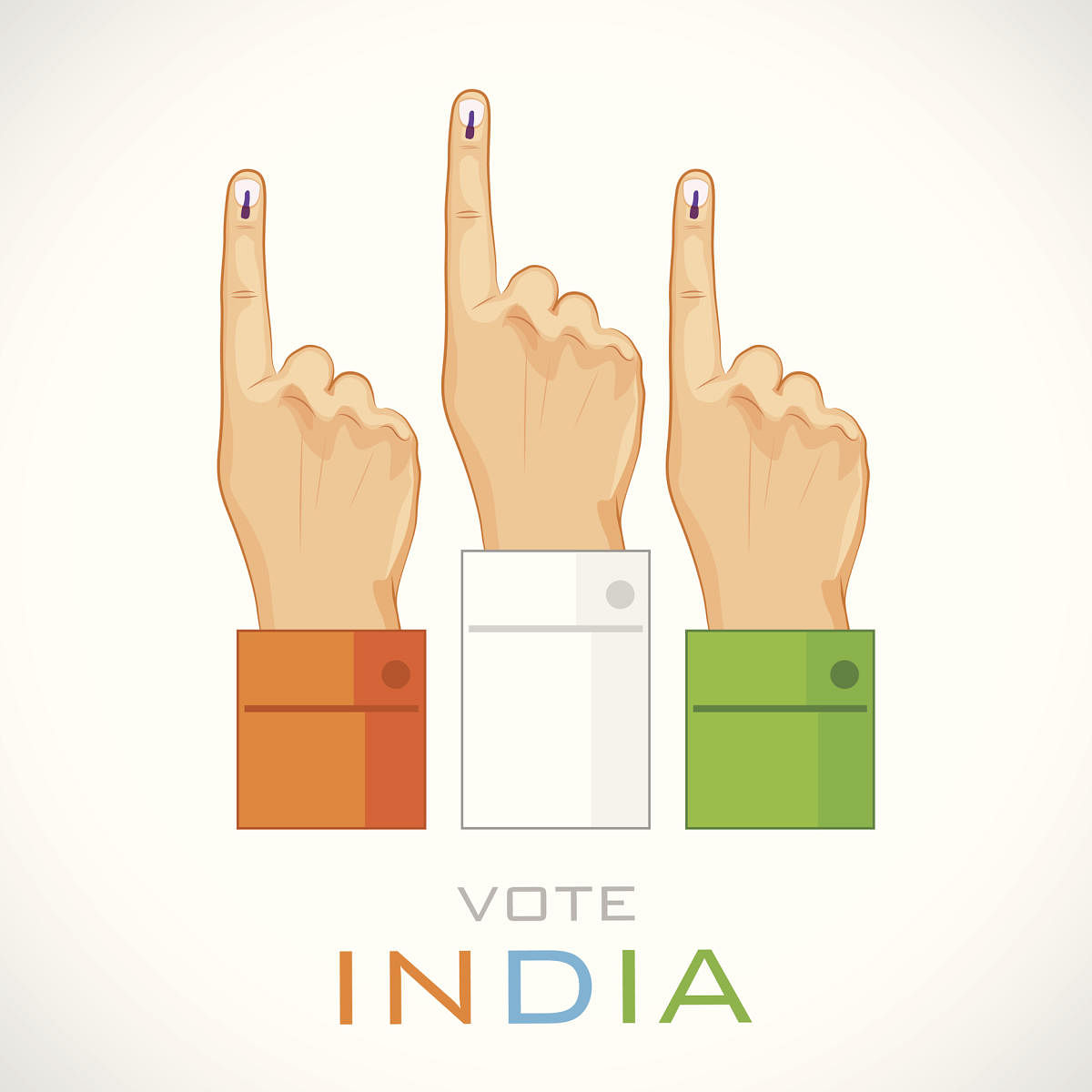The Supreme Court has rightly rejected a petition that sought a bar on politicians facing criminal charges from contesting elections. The specific prayer was to disqualify from electoral contest those candidates against whom a court has framed criminal charges. Criminalisation of politics is a threat to democracy and public life. But the means and methods to deal with it should be compatible with the rule of law, the constitutional scheme of governance and democratic processes. The framing of charges does not mean that a person is guilty. Till the time the charges are proved through trial, the charge-sheeted person is deemed innocent. Charges may be framed because of political rivalry, vendetta or other reasons and it will be wrong and unfair if a person is denied the opportunity to contest elections before he or she is found guilty by a court.
The slow process of judicial trial is a major factor that helps criminal politicians to contest elections again and again and hold positions of power. It sometimes takes decades for a case to be decided. The Supreme Court had recently issued directives for fast-tracking cases against politicians, but states have been lax in doing so. The court has now issued some guidelines to be followed by political parties and candidates, which include declaration of criminal cases pending against the candidates at the time of submitting nominations in party websites and candidates’ affidavits. It also wants these declarations to be given publicity through the media. Whether this will deter criminal candidates from contesting elections or discourage voters from electing them is open to doubt. A survey conducted by the Association for Democratic Reforms some years ago had found that candidates who faced criminal charges had greater chances of winning elections than others.
One-third of the members of the present Lok Sabha have a criminal record. The situation in the state assemblies and at lower levels is the same or worse. The Supreme Court is well aware of the problem and has observed that ‘’society has the right to be governed by better people’’. But it has rightly expressed the judicial limitations in the matter and proposed that parliament may enact a strong law to cleanse politics and make it obligatory for parties to refuse tickets to offenders. Parliament is unlikely to heed the call as no party would want an election bar on criminal politicians. It should be noted that even the present law, which disqualifies convicted politicians from contesting elections or holding office, was sought to be diluted in 2013. It is for the people, ultimately, to reject criminals who seek their votes.
